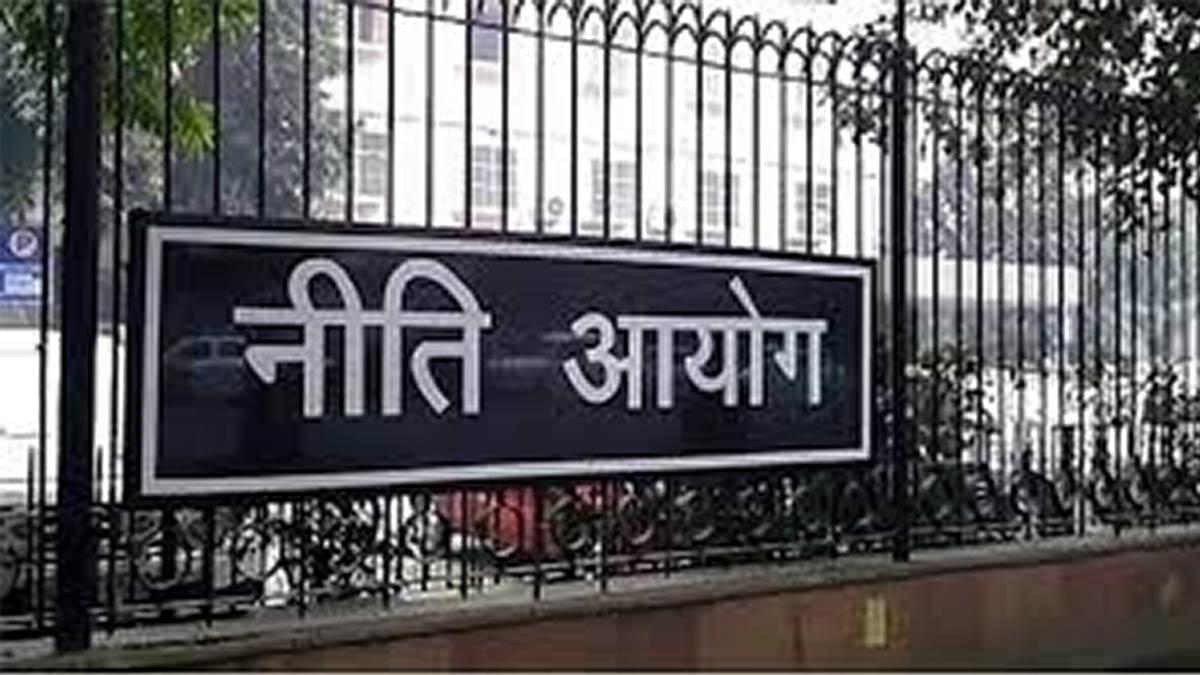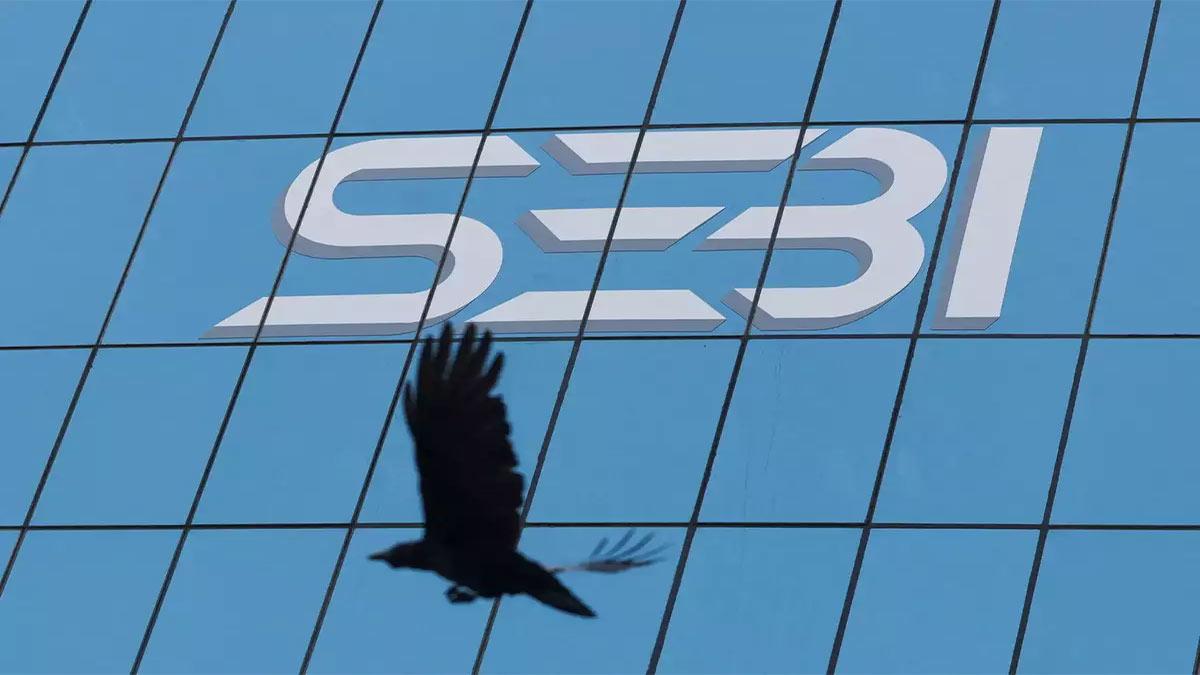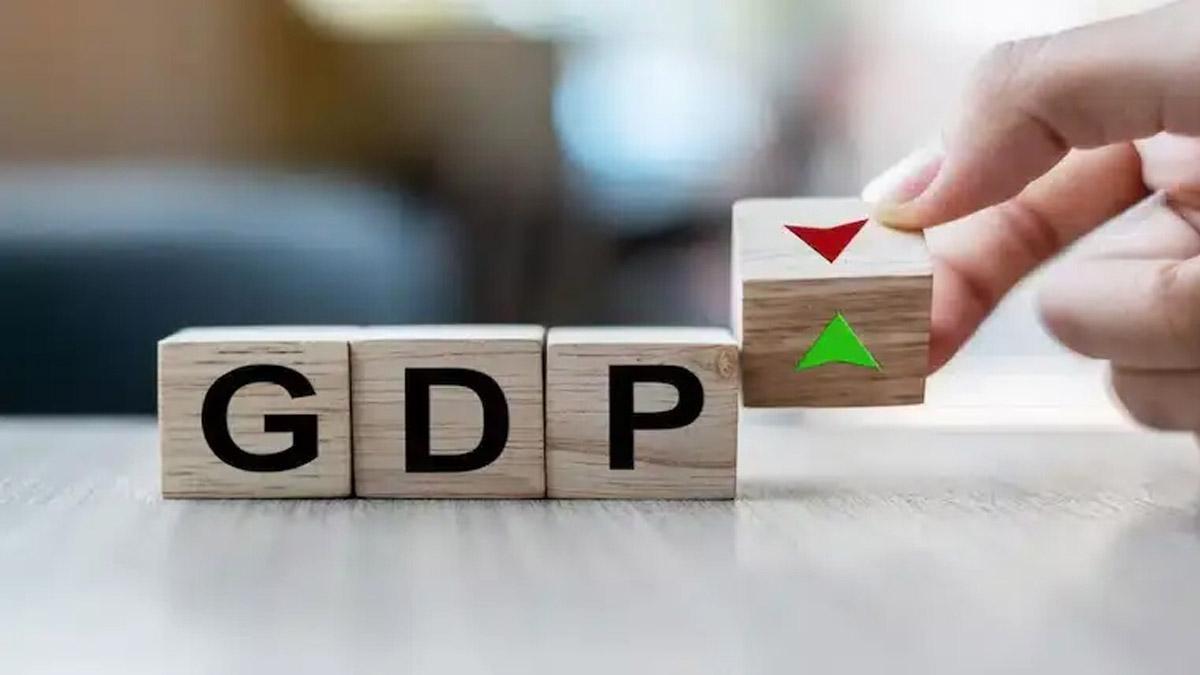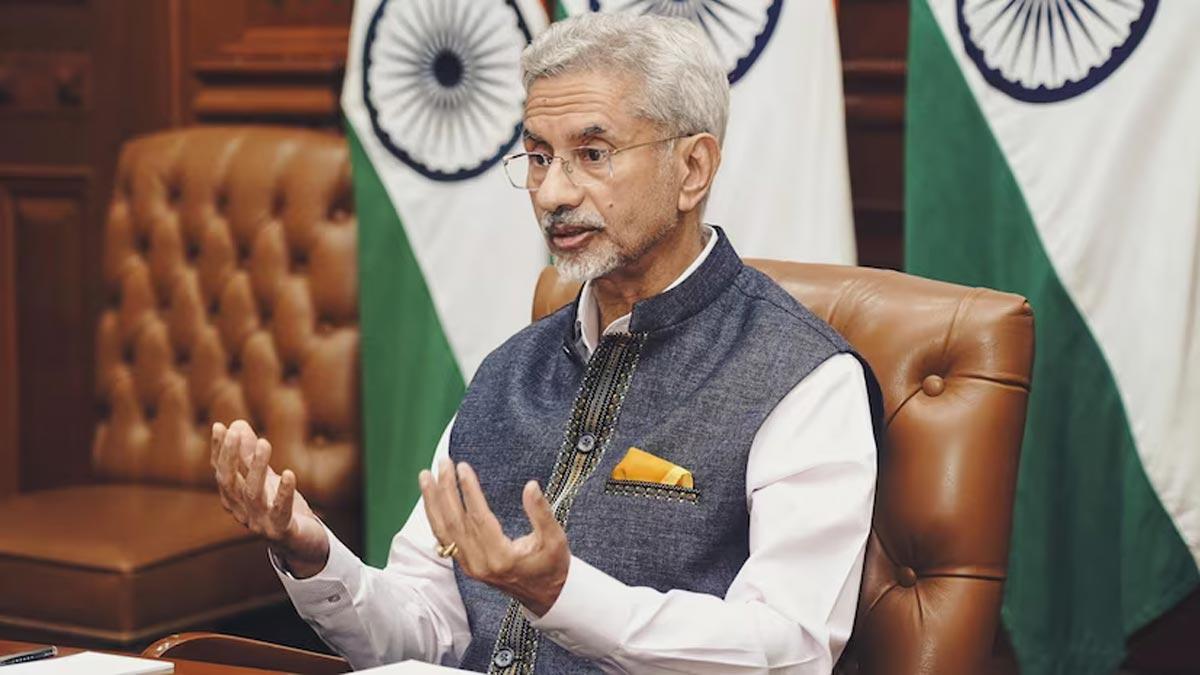India must transition from a service-oriented industry model to a product-oriented model, believes Dr. V. K. Saraswat, Member (Science & Technology) of NITI Aayog.
He said this during a national workshop organized recently in GIFT City, Gandhinagar, Gujarat, with the aim of making India's innovation ecosystem robust.
Dr. Saraswat spoke about the significance of encouraging DeepTech startups and encouraged India to shift from a service-oriented model to one with an emphasis on manufacturing and creating high-technology products. He also touched upon major government initiatives that are aimed at enhancing research, innovation, and entrepreneurship across the country.
The workshop convened different stakeholders, such as government representatives, scholars, business leaders, startup entrepreneurs, and global experts, to share knowledge and engage in joint conversations. The workshop analyzed key topics such as R&D expenditure, state-level policy on innovation, global innovation trends, and indigenous entrepreneurship initiatives.
Dr. Saraswat emphasized the importance of collaborative approaches from government, academia, and industry in driving India's innovation ecosystem. He noted that a more intense focus on translational research—research that could be instantly used to develop influential startups—needed to be brought about in order to harmonize with the international shift towards innovation.
Mona Khandhar, an IAS officer, during the same workshop, discussed Gujarat's focus on building a strong innovation ecosystem through aggressive policy actions. She explained the state's several strategic policies such as the Science, Technology, and Innovation Policy, Gujarat Semiconductor Policy, Gujarat Electronics Policy, and the Gujarat Global Capability Center (GCC) Policy, all designed to support startups and encourage technological development.
The conference also included significant talks from world leaders in innovation. Dr. Sacha Wunsch-Vincent of the World Intellectual Property Organization (WIPO) pointed to India's increasing intellectual property (IP) profile. Although the IP activity of the country remains small, he pointed out that recent trends indicate a rise in Indian-origin patent filings, with additional science and technology clusters likely to emerge in the near term.
The workshop highlighted the need for innovation, cooperation, and policy support to drive India towards a product-driven, technology-based future.
Read also| India Tops Global Market Cap Gains, Achieving Highest Growth in 4 Years


















